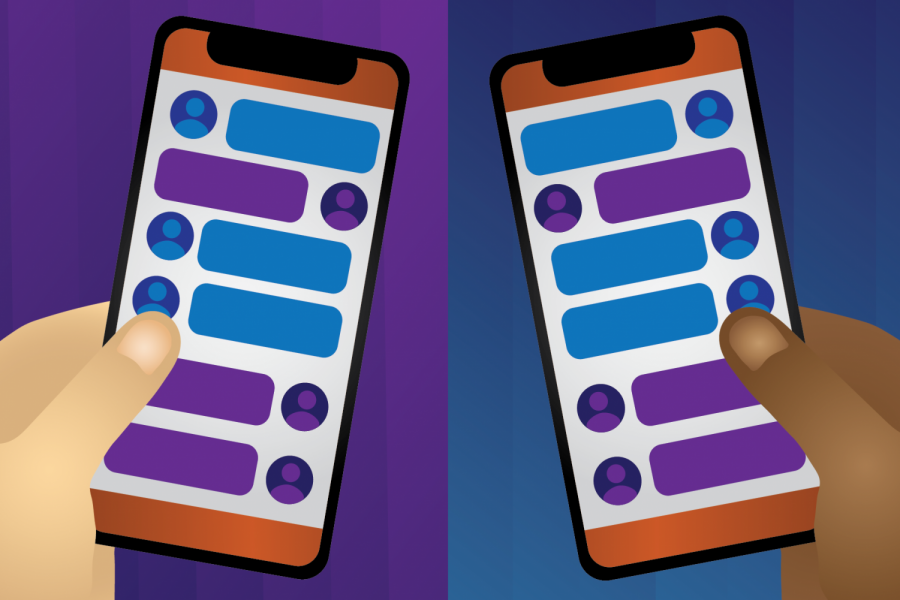UT needs a new platform for incoming students
July 17, 2021
Editor’s Note: This article first appeared as part of the July 13 flipbook.
After finishing my sophomore year at the University of North Dakota, I applied for transfer to a few universities; one of them was the University of North Carolina at Chapel Hill. Once accepted at UNC, I was immediately prompted to join the “UNC Community.” I gave some basic information, such as my name, birthday, major and interests, and created a profile. With ease, I could interact with current and incoming students that shared my interests.
A month later, I received an acceptance letter from UT. Subsequently, I accepted my admission but didn’t know anyone in Austin. While UT’s student communication platforms consisted of two Facebook groups, I didn’t have Facebook. I was surprised by the lack of connectivity UT offered to incoming students.
Instead of relying on Facebook, UT should create its own community platform so that students can connect outside of school before getting on campus, easing an already difficult transition for incoming students.
Seth Fellers, a physics senior, expressed interest in the idea as well as his concerns regarding data security on social media platforms like Facebook.
“With UT, they already know that (personal) stuff. Anything that I would be scared about UT knowing, they already know,” Fellers said. “I would probably feel safer on a UT-run site.”
In this digital age, students want their information to remain in safe hands. While no one can ensure absolute privacy of user information, UT having its own platform could add an extra layer of security.
Beyond messaging, the UT platform could also help notify students of upcoming events where they would have the opportunity to meet other students and get used to life on campus.
“Every once in a while I’ll get an email about something and that’s the only way I know about it. Then I’ll see a billboard that I walk past 10 times a day and be like, ‘Oh there’s something going on,’ then I go to it and it’s great,” Fellers said. “I definitely think they could use (a student platform) to let you know about it. I would definitely be interested in that.”
Attending university events is a great way for students to interact. While the events are posted on UT’s website and shared through email, it would be easier for incoming students to have all of this information in one place. UT having its own platform would also build a greater sense of community among students as opposed to an outsider social media channel.
Kyle St. Nicholas, assistant director of New Student Services, explained the primary way that the department engages with new students on their current digital platforms.
“At the end (of the required pre-orientation modules), there’s this ‘next steps’ button. It’s a list of things students can do between completing those modules and student orientation,” St. Nicholas said. “Joining the social media groups is a part of that (list). I definitely think that students see it if they’re on social media and interested.”
However, not all students have social media, and if they do, some want to keep school and social separate. Facebook can also turn into a giant message board where students can get lost in the shuffle, causing them to miss upcoming UT events and feel even more isolated.
The current system is riddled with clicking and sifting through tabs, hoping that in a sea of students, you can meet a few that share your interests. While it is great that UT offers some external platforms that enable student interaction, we need a more accessible approach. If UT took the initiative to create its own platform for all incoming students, Longhorn nation would become a more connected community.
Lazenby is an economics junior from Chicago, Illinois.











